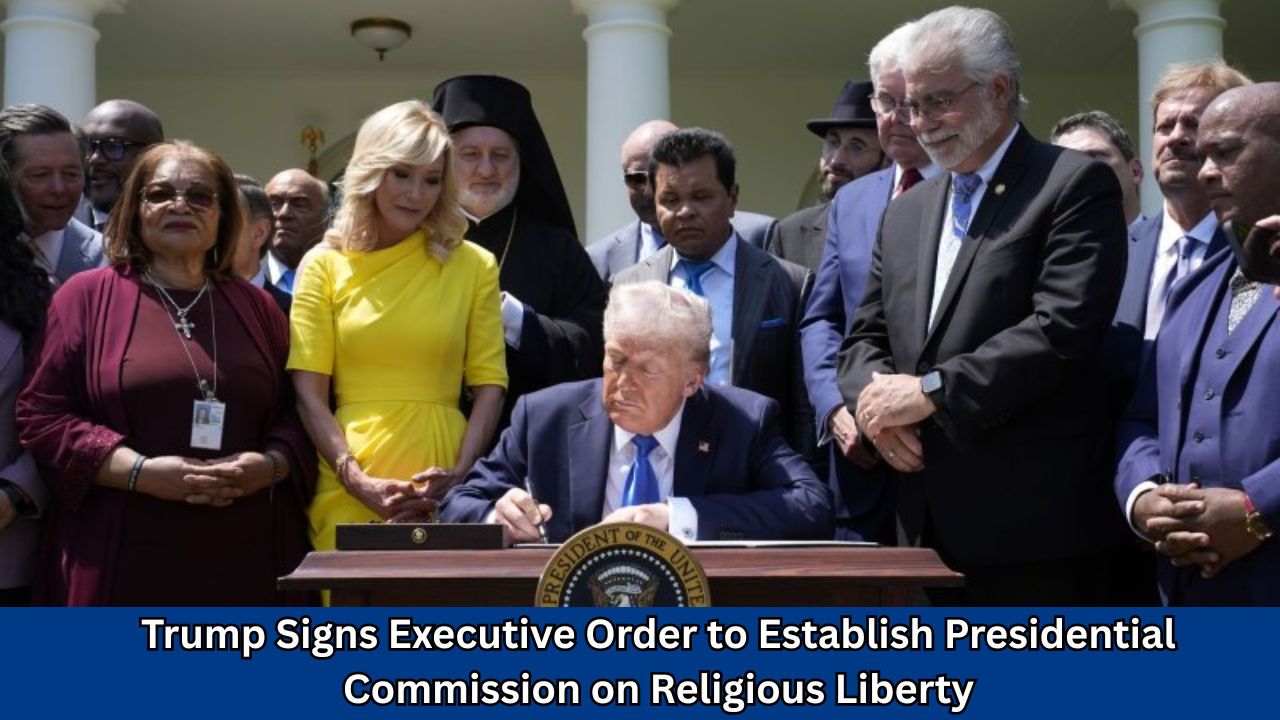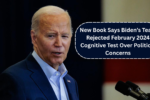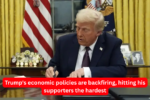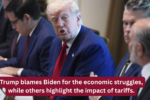Former President Donald Trump has signed a new executive order establishing the Presidential Commission on Religious Liberty, a panel intended to bolster the role of faith in American public life and to advise the administration on issues affecting religious freedom domestically and abroad.
The signing took place during a National Day of Prayer event at the White House Rose Garden, where Trump declared that the commission would serve as a “bulwark against attacks on religious freedom” and ensure “religion has a place at the center of American life.”
A New Focus on Faith in Public Policy
According to the executive order published by the White House, the commission will be tasked with:
- Reviewing and reporting on threats to religious liberty in the United States.
- Developing policy recommendations to strengthen religious protections.
- Promoting peaceful religious pluralism and tolerance.
- Advising on international religious freedom concerns in coordination with the Ambassador-at-Large for International Religious Freedom.
- Working with the White House Faith and Opportunity Initiative to build stronger ties between faith-based organizations and federal agencies.
Trump characterized the effort as “restoring God to the center of our national identity.”
Leadership and Members
The 14-member commission will be chaired by Texas Lieutenant Governor Dan Patrick, a longtime Trump ally known for his outspoken support of Christian conservative values. Former Housing and Urban Development Secretary Dr. Ben Carson has been named vice chairman.
Other members include:
- Cardinal Timothy Dolan of New York, a leading voice within the Catholic Church.
- Bishop Robert Barron, known for his online evangelism and theological education efforts.
- Rev. Franklin Graham, president of Samaritan’s Purse and a prominent evangelical leader.
- Television personality Dr. Phil McGraw, based in Dallas, representing lay public engagement in faith issues.
According to the Texas Lieutenant Governor’s Office, Patrick said the commission aims to “defend people of all faiths and ensure they are free to practice their religion without interference or fear.”
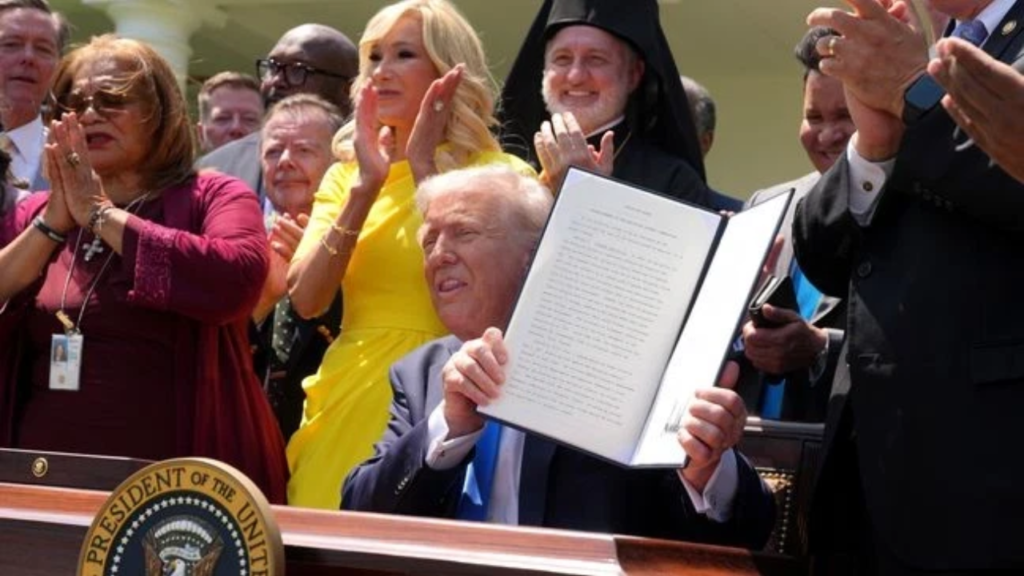
Areas of Concern
The commission’s initial report, expected later this year, will cover a range of contentious issues including:
- Parental rights in religious education.
- School choice programs, particularly those involving religious schools.
- Attacks on places of worship.
- Free speech protections for religious organizations on social and digital platforms.
Supporters argue that these are essential areas where religious communities face increasing restrictions or marginalization.
“This is about more than just Christian rights it’s about everyone’s right to worship freely,” said Carson in a prepared statement. “Whether you’re Christian, Jewish, Muslim, or any other faith, your freedom must be protected.”
Reactions and Concerns
While conservative religious groups have largely applauded the initiative, critics warn that the commission could blur the lines between church and state.
“This commission appears more interested in advancing a specific religious agenda than in safeguarding pluralism,” said Rachel Laser, president of Americans United for Separation of Church and State, in a statement posted on the organization’s website. “Government should protect religious freedom by staying neutral not by privileging religion in public policy.”
Trump, however, dismissed these concerns during the signing ceremony.
“Separation of church and state does not mean religion has to disappear from public life,” he said. “It means the government cannot tell people how to worship or whom to worship.”
This reflects a broader trend within Trump’s political messaging, which emphasizes the role of Christianity in American heritage while also courting interfaith leaders.
Historical Context
Trump’s executive action mirrors similar steps he took during his previous administration. In 2017, he signed an executive order promoting religious liberty and expanded the role of the Faith and Opportunity Initiative across federal agencies.
The new commission, however, is more formal and far-reaching in scope, combining domestic policy with global religious advocacy.
The initiative comes at a time when religious liberty remains a highly polarized issue in American politics. Disputes over religious exemptions, LGBTQ+ rights, and public prayer continue to generate legal challenges and cultural debates.
final Thought
The Presidential Commission on Religious Liberty is expected to convene its first meeting in June and issue biannual reports. Recommendations may lead to future executive actions or proposed legislation designed to codify protections for religious individuals and institutions.
As the 2024 election cycle heats up and Trump maintains a high-profile presence in conservative circles, this move is likely to further energize his base particularly among evangelical and Catholic voters.
Whether the commission will achieve meaningful bipartisan support or deepen the culture wars remains to be seen.

Pankaj Kumar is a skilled content writer at OTE News, focusing on breaking news, technology, and socio-political developments. With a background in Mass Communication, he brings a balanced perspective to his articles, ensuring clarity and reliability. Pankaj has a knack for simplifying complex topics for readers.
In his free time, he enjoys photography, traveling, and experimenting with new cuisines. His curiosity and dedication to truthful reporting make him a valuable contributor to OTE News.

